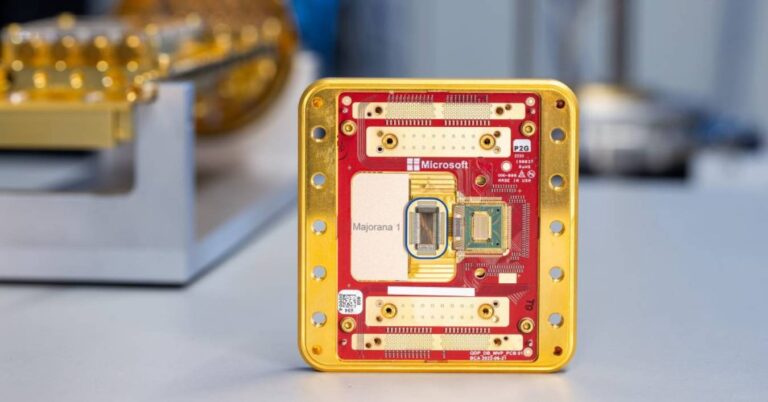The U.S. government has imposed new AI chip export Ban on Taiwan Semiconductor Manufacturing Co. (TSMC), halting shipments of advanced AI-related chips to China, with a primary focus on limiting technological access for Huawei and other Chinese firms.

U.S. Tightens AI Chip Export Ban – Key Points
- New AI Chip Export Ban on TSMC: The U.S. Department of Commerce has directed TSMC to stop exporting advanced chips (7 nanometers or smaller) to Chinese clients, effective November 11, 2024. These chips, critical for AI accelerators and graphics processing units (GPUs), are essential for artificial intelligence applications.
- Huawei at the Center of U.S. Concerns: This AI chip export ban follows a recent incident in which TSMC chips were reportedly found in Huawei’s AI processor, the Ascend 910B. Huawei, listed on the U.S. trade restriction list, requires special licenses for U.S.-linked technology access. TSMC had already suspended shipments to another Chinese company, Sophgo, after detecting a similar chip in Huawei’s hardware.
- “Is-Informed” Letter Bypasses Lengthy Rule-Making: The Commerce Department used an “is-informed” letter to impose these restrictions on TSMC, enabling immediate action without the typical regulatory process. This approach is intended to streamline export control enforcement and address potential loopholes quickly.
- Broader U.S. Clampdown on Chinese AI Capabilities: The U.S. has been intensifying restrictions on Chinese access to advanced semiconductor technology. Previously, similar letters were sent to U.S.-based chipmakers Nvidia and AMD, limiting their high-performance AI chip exports to China. Additionally, equipment manufacturers like Lam Research, Applied Materials, and KLA were restricted from exporting chipmaking tools to Chinese facilities.
- Bipartisan Pressure on Export Controls: Both Republican and Democratic lawmakers have expressed dissatisfaction with the current state of U.S. export controls on China, pressuring the Commerce Department for stronger enforcement. Concerns have been raised over the adequacy of these measures to prevent advanced technology from reaching Chinese military and AI capabilities.
- Delayed Rule Updates: Although the Biden administration drafted new export control rules earlier in 2024, they have yet to be implemented. The anticipated rules would add around 120 Chinese companies to the restricted entity list, further limiting their access to semiconductor technology. Expected publication dates have been repeatedly postponed, adding to the uncertainty within the semiconductor industry.
Why This Matters:
The U.S. government’s latest new AI chip export ban to TSMC underscores escalating tensions in the global tech supply chain and highlights Washington’s commitment to curbing China’s advancement in AI technology. By targeting Huawei and associated entities, the U.S. aims to restrict China’s ability to develop AI-driven applications with potential military applications. This move also exemplifies the strategic importance of semiconductor technology in national security and economic competition between the U.S. and China. As export controls tighten, the semiconductor industry faces increased operational challenges, and China’s technological self-sufficiency efforts are likely to accelerate in response.
Explore the vital role of AI chips in driving the AI revolution, from semiconductors to processors: key players, market dynamics, and future implications.
Read a comprehensive monthly roundup of the latest AI news!






